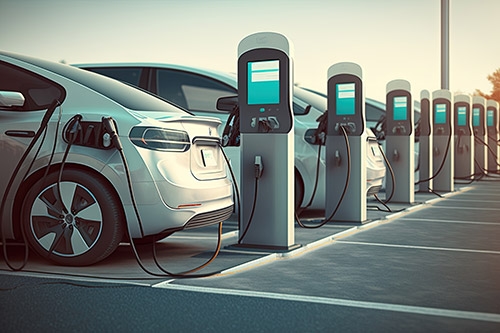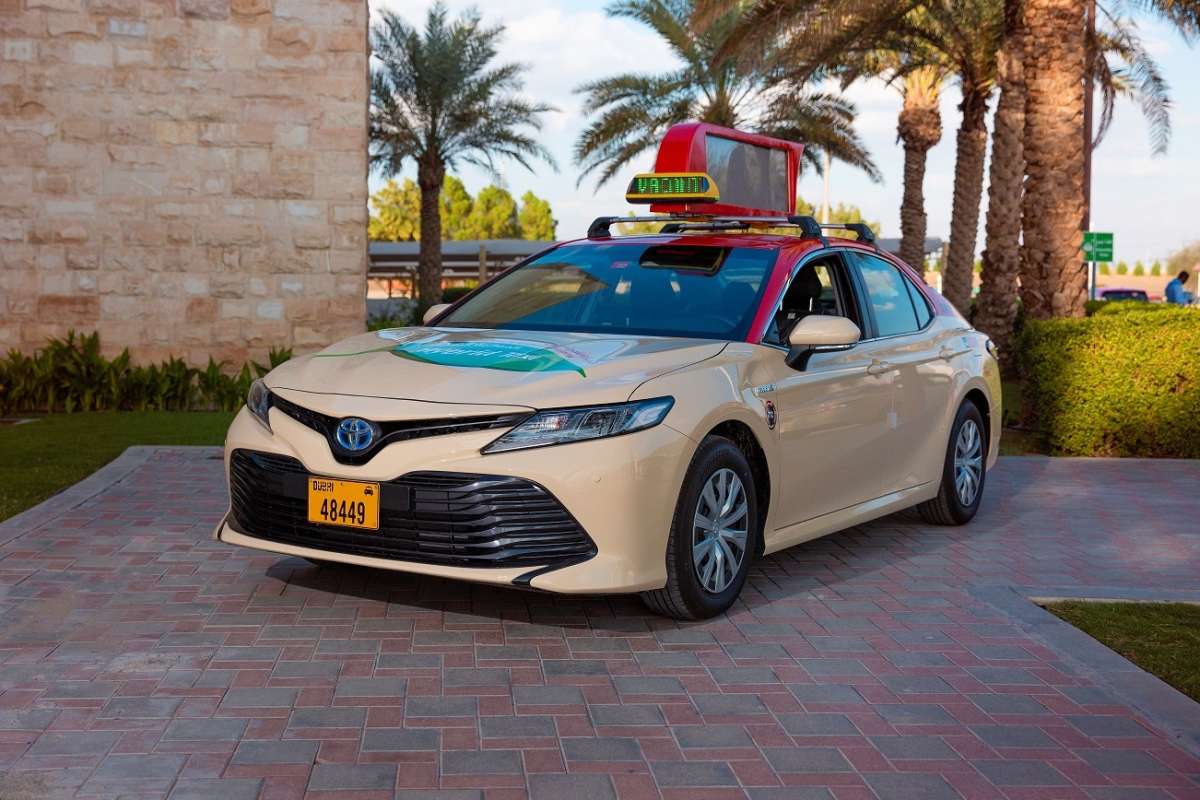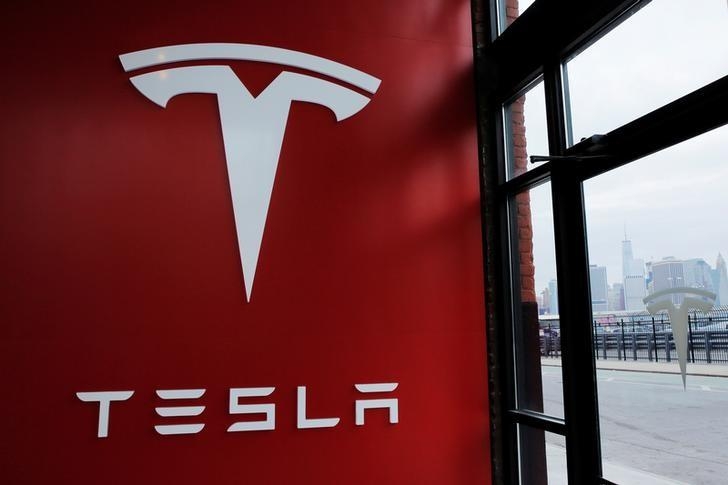Al-Futtaim Automotive, in partnership with YouGov, revealed survey results indicating strong interest in EV adoption among UAE residents, with 26% considering purchase within a year and 63% aiming to make EVs their primary transport within 6 months to 2 years…reports Asian Lite News
Al-Futtaim Automotive, a key division of the Al-Futtaim Group and the Strategic E-Mobility Partner of COP28, unveiled the results of a comprehensive survey examining the challenges and attitudes of UAE residents toward Electric Vehicle (EV) adoption. Conducted in collaboration with YouGov, the survey gathered insights from 2,008 respondents.
The findings showcased notable shifts in perspectives, highlighting evolving transportation preferences. Notably, 64% of respondents expressed concern about the environmental impact of internal combustion engine (ICE) vehicles, indicating a strong interest in transitioning to electric vehicles in the near future.
Huge Wave Of Interest in EVs
- 26% of those who currently do not own an EV are interested in purchasing one in the next 12 months, while 50% said ‘maybe’ to consider shifting to an EV in the same period, signaling a growing inclination towards electric vehicles.
- A staggering 63% plan to make EVs their primary mode of transport within the next 6 months to 2 years, indicating a far swifter move towards sustainable mobility.
- The huge interest in EVs is also a measure of the strong customer confidence in the UAE’s charging infrastructure growth; 7 out of 10 residents predict that the UAE will have EV charging stations every few kilometres in the next five years.
- Customers also predicted a widespread electric future in the UAE; nearly one-third of the respondents anticipate that 30–50% of the UAE’s population will be driving EVs or hybrid cars by 2030.
Katib Belkhodja, Customer Centricity Director, Al-Futtaim Automotive, commented on the survey, “Firstly, the results surpassed all our expectations. With 63% of respondents unequivocally choosing to make electric vehicles their primary mode of transportation, the results are not only overwhelmingly positive but also comprehensively reflect the evolving perceptions of the UAE customers towards electric mobility. It was very important for us at Al-Futtaim Automotive to conduct this survey, and get an accurate understanding of the customer mindset, especially against the backdrop of COP28.”
The Survey Also Highlighted Key Barriers To EV Adoption
- Primary hurdles to EV adoption include safety concerns (49%), servicing costs (44%), lack of charging infrastructure (41%), battery longevity (41%), and resale value (32%).
- Furthermore, 68% of the respondents believe that EVs are more expensive than regular fuel cars, a factor that could also discourage customers from making the shift.
- EV charging is a major anxiety trigger, particularly as 44% residents cannot install a charging station at home.
Katib Belkhodja further added: “While there are still some barriers to overcome, the results have strengthened our belief in the e-mobility strategies we are currently pursuing. Our commitment to develop the electric mobility ecosystem – covering a wide EV portfolio, our own charging station (Charge2Moov) as well as e-mobility training for aftersales – directly answers most of the concerns obstructing widespread electric adoption. We are the only automotive group in the region committed to delivering this integrated, end-to-end EV offering, and through this, we are confident that we will be able to accelerate the green transition as well as fulfill our pledge to deliver 50% New Energy Vehicles and install 10% of the country’s charging stations by 2030.”
“Our main objective now is to democratize the EV landscape by offering a wide choice of electric mobility products at diverse price and performance capabilities, and this specifically addresses a key price perception that majority of the customers have with regards to costs of EVs vs. conventional fuel cars.”
Influential Factors Prompting The Shift To EVs
Faster charging time (54%), more charging stations (54%) advancements in battery technology (54%) and a longer driving range (52%) top the list as the crucial factors that will influence their decisions and encourage more people to switch to electric vehicles.
“This survey not only helps us at Al-Futtaim Group but also the wider industry in clearly underlining the decisive factors that will accelerate sustainable mobility in the UAE”, Katib concluded.
Since 2008, Al-Futtaim Automotive has been focused on steering the green mobility transition in the UAE. The company first introduced alternative propulsion in the UAE, launching hybrid vehicles in collaboration with Toyota, and then later became the first automotive group to hand over a fleet of hybrid vehicles for taxi companies. In the last two years, Al-Futtaim Automotive has accelerated its focus on electric mobility, with numerous groundbreaking initiatives including launching a dedicated new company – Al-Futtaim Electric Mobility Company.
Beyond bringing best-in-class new energy vehicle brands, which include Polestar, Volvo Cars, BYD, Toyota, Lexus, and Volvo Group (heavy-duty electric trucks, buses and construction equipment), Al-Futtaim Automotive has also developed its own UAE-specific charging technology, Charge2Moov, and launched the region’s first IMI-accredited electric mobility training centre to train technicians to become EV experts.
Al-Futtaim Automotive’s e-mobility ecosystem was showcased at COP28, giving audiences within the UAE and the world a chance to experience the growth trajectory of green mobility within the region as well as the tangible products, solutions and innovations that the company is introducing to making sustainable mobility an everyday reality.
ALSO READ : ‘Urgent Course Correction Key to COP28 Renewables Goal’





